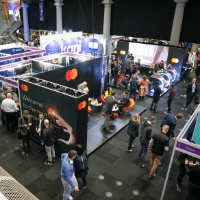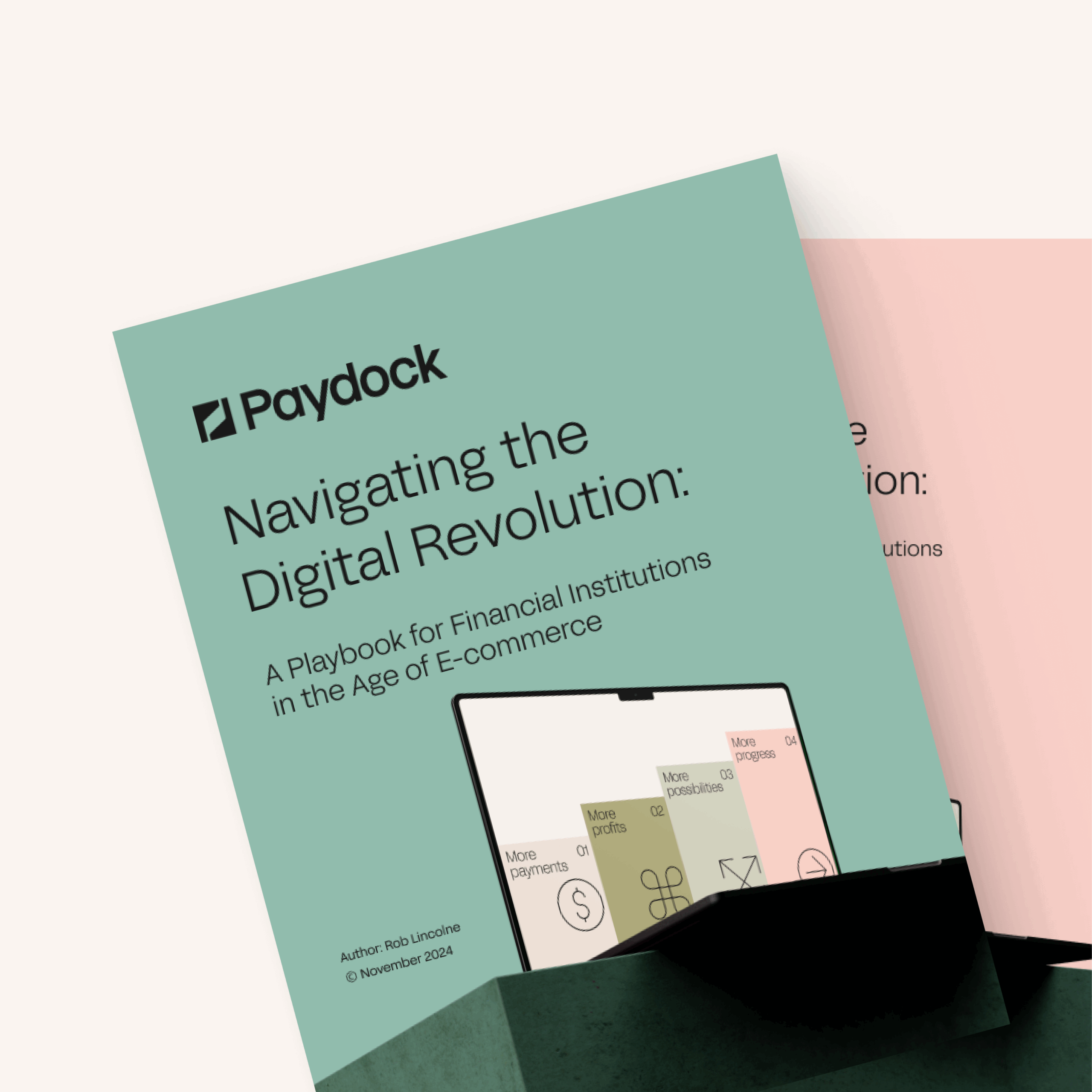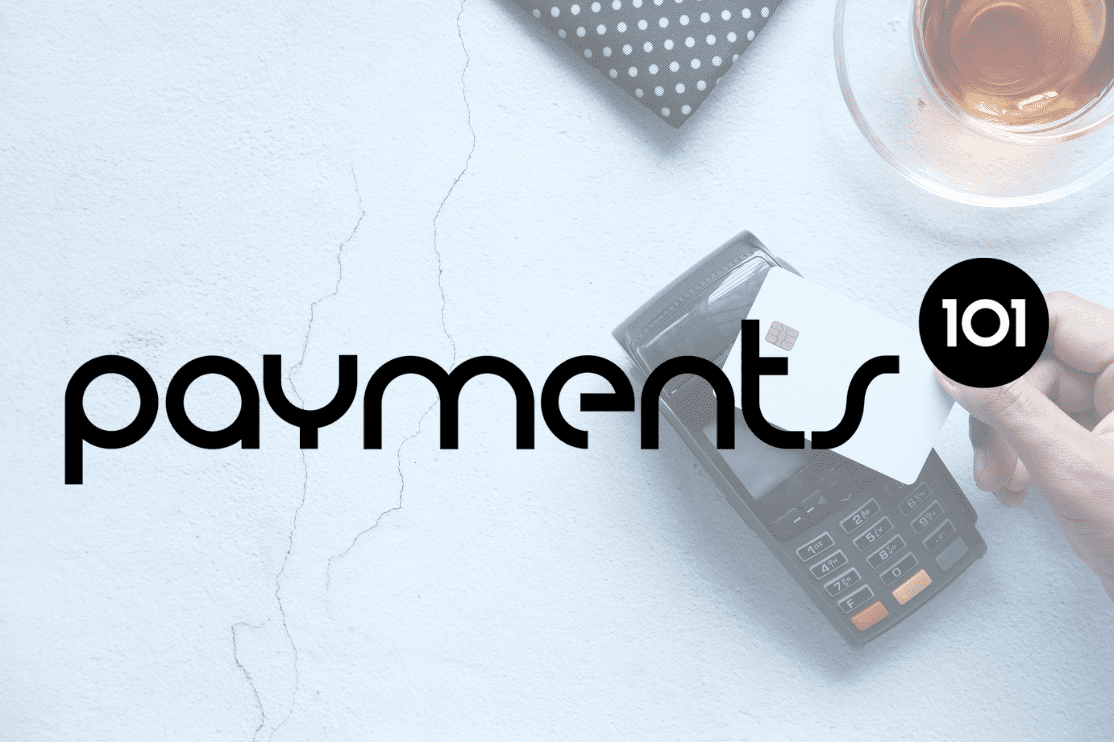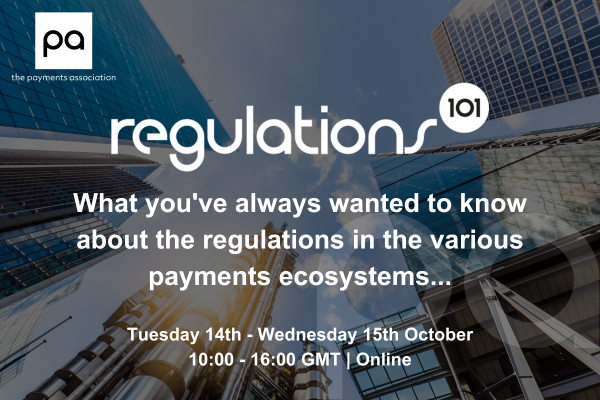China: A country of Paradox
By Tony Craddock, Director General
Formed on the ‘now’ and the ‘here and now’. And four hundred years to build a wall six thousand kilometres long. Spending what you earn but saving 40% of your income. Demanding top service and a tolerance for mistakes. Adapting new behaviours while adhering to deep traditions. More billionaires in Beijing than anywhere in the world with hundreds of millions on the breadline.
Insight 1
There is more than one way
Alibaba is a platform business. Bringing buyers and sellers together, it creates a marketplace which is massively successful. So is JD.com, a huge e-commerce business with task-grade logistics.
There is room for both models in a country as vast and diverse as China. It is highly volatile, industrially stable, risky and overloaded with opportunity. Really, anything is possible.
Insight 2
It’s harder than it looks.
Uber battled with Didi, the local leader equivalent to Uber, for three years. In August, Uber sold its interests to Didi for a low percentage share.
Tesco had 88 stores in 2010 and had big ambitions for China. It has since sold all its stores for a minority stake in a state-owned retailer.
If you can’t beat them, join them.
Insight 3
And it’s not getting any easier for MNCs
High cost premises, changing regulation and local competition are adding to the challenges faced by multi-nationals (MNCs)
China is no longer a cheap destination to manufacture goods and outsource services.
But it is changing, and has strong innovation policies to support domestic technology companies, promote domestic standards, and encourage MNCs with research & development and transfer technologies. Regulations include tax incentives, government procurement policies and local patenting requirements.
Insight 4 – The system’s creaking
Growth has come at a cost
The Beijing smog is very real, what is less well known is that as a result, leading business cools here that used to have a three-year waiting list now take all-comers
The education system is inadequate to cater for the mass of humanity that live here, inevitably. But due to a flawed policy, every region now has a different examination system, so moving from one region to get a job in another is less possible, so social mobility is compromised.
The retail price index (RPI) is 2% but it includes property which is rising at 7%. So people feel that inflation is much higher than the RPI so raise their prices by more than RPI, so the RPI is pushed up.
Officially, in Beijing, you cannot smoke in restaurants. But every day, in many restaurants, people smoke feely. The law is moulded to reflect the power and wealth of the people it affects.
‘But China is like a bicycle’ says Professor Bingsheng Teng, Associate Dean of Cheung Kong Graduate School of Business (the hosts of the China Start Programme in which I am participating). It wobbles sometimes but its momentum is self-correcting; pushing it forward remorselessly.
Insight 5 – Change or stay at home
‘An investment in China isn’t just a bet on growth. It’s also an investment in change.” said Professor Teng.
Insight 6 – Some things don’t change
I’ve just gobbled a Big Mac meal with my fellow intrepid traveller Warren Russell, CEO of W2 Global Solutions, on our way to Shanghai. As forbidden and delicious as ever.


























